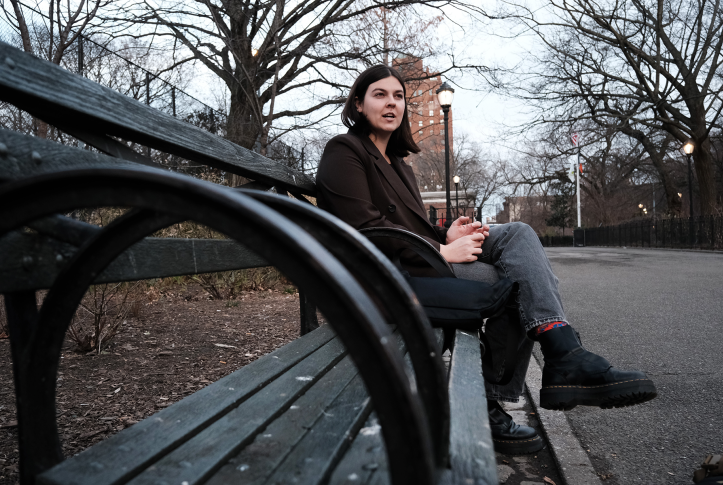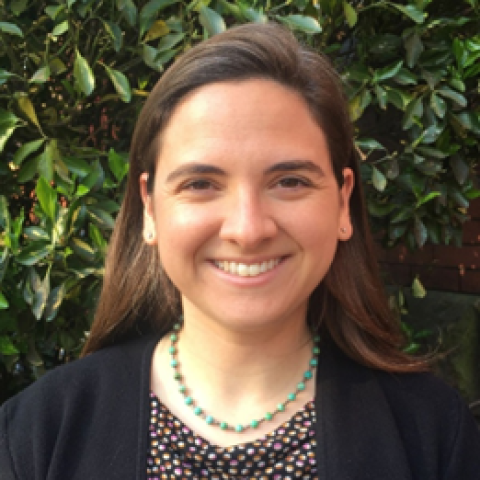Young adults with chronic conditions can face a lifetime of illness — more than 85 percent of children with chronic conditions survive into adulthood. Chronic illness poses a threat to young adults’ current and future livelihood, independence, and dignity. Navigating life with a chronic medical disability from an early age not only hinders the pursuit of higher education and stable employment opportunities but also casts a looming shadow over the financial security of young adult patients.
For young adults with complex, lifelong conditions, access to affordable prescription drugs is a vital necessity. More than half of people (53%) ages 18 to 34 rely on prescription medications; one in five (21%) of those ages 18 to 49 struggle to afford them. This percentage is likely even higher for younger adults, given the high poverty rates among people ages 18 to 24 in the United States. Access to medicines is an urgent need and requires serious solutions.
Young adult patients have powerful voices honed by their lived experiences. They can create meaningful policy changes and improve the lives of those living with lifelong medical disabilities. Lived experience can and should be a driving force in policymaking. Legislation, including the Americans with Disabilities Act and the Inflation Reduction Act, was passed because of the participation of patient advocates.
With the average age in the U.S. House of Representatives and the U.S. Senate 58 years and 65 years, respectively, and think tanks and advocacy organizations often dominated by funding from industry, especially pharmaceutical companies, there is a need for informed and unbiased young voices in the policy dialogue. The Health Policy Scholars program was created to amplify young voices by providing young adult patients with impartial, high-quality education free from the influence of the health care industry.







